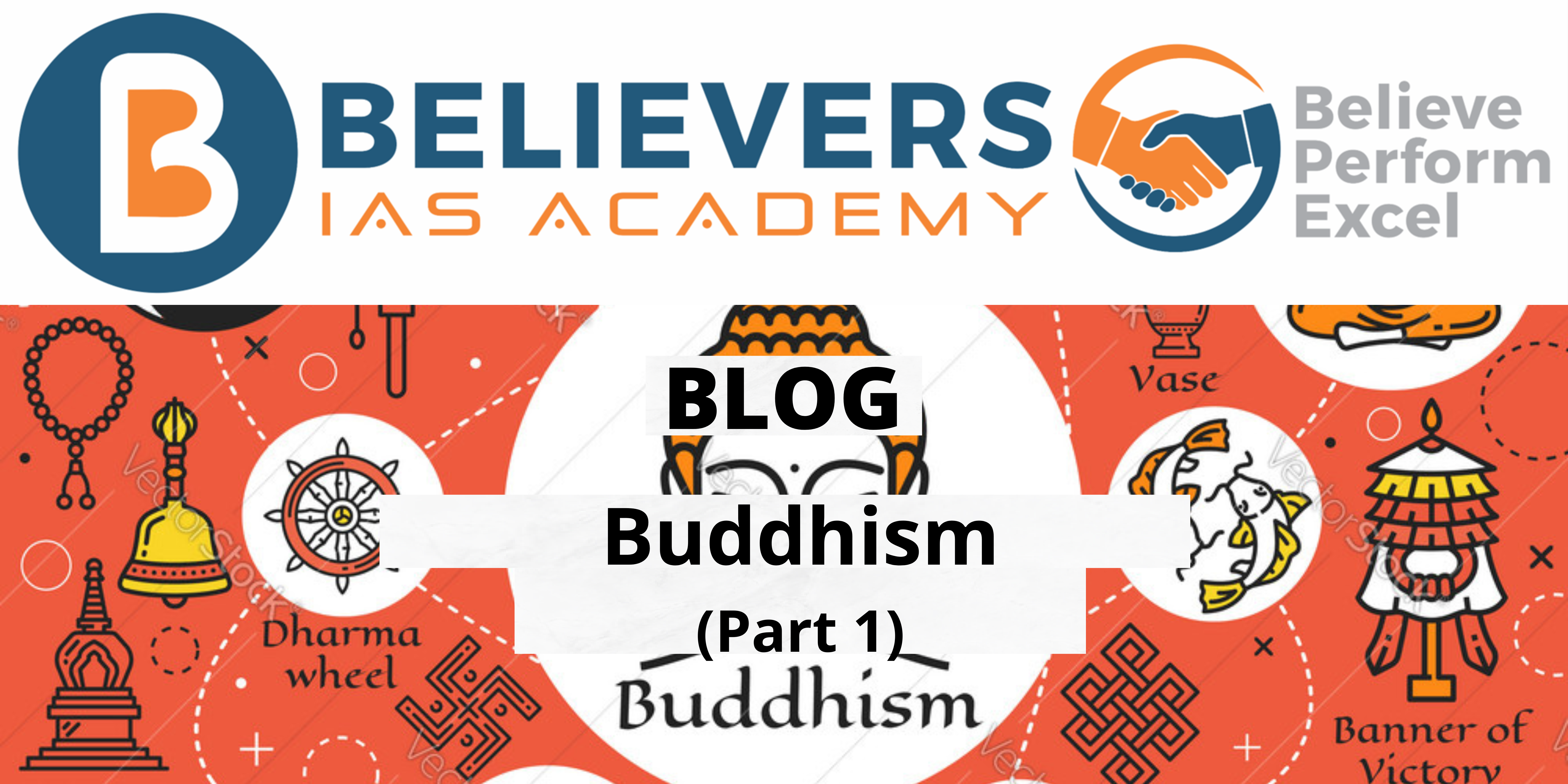Newspapers in British India – Part 2
1850 to 1874
Rast Goftar
- Rast Goftar was an Anglo-Gujarati paper operating in Bombay that was started in 1854 by Dadabhai Naoroji and Kharshedji Cama and championed social reform among Parsis in Western India.
- Dadabhai Naoroji started the paper with the purpose of voicing the grievances of the poor and middle class of his people.
- By the 1870s Rast Goftar was one of the four daily newspapers operating in Bombay.
Somprakash
- Somprakash a weekly newspaper started on 15 November 1858 by Dwarakanath Vidyabhusan.
- The original plan was mooted by iswar chandra vidyasagar who continued to advise Dwarakanath in editorial matters.
- Somprakash was the first Bangla newspaper to indulge in political discussions.
Neel Darpan
- Indian mirror was published in Calcutta, West Bengal.
- Started by Devendra Nath Tagore in 1862, the newspaper was published in English.
- It was owned by Keshab Chandra Sen, and one of the editors of the newspaper was Manmohan Ghosh.
The Bengalee
- The Bengalee was founded in 1862 by Girish Chandra Ghosh as an English language newspaper based in Kolkata.
- Surendranath Banerjee served as its editor.
- The newspaper developed into two editions, the morning edition was called The Bengalee, which was for metropolitan area, while the evening edition for rural areas was called Calcutta Evening News in 1931.
Amrita Bazar Patrika
- Amrita Bazar Patrika was one of the oldest daily newspapers in India.
- Originally published in Bengali script, it evolved into an English format published from Kolkata and other locations such as Cuttack, Ranchi and Allahabad.
- It debuted on 20 February 1868. It was started by Sisir Ghosh and Moti Lal Ghosh
Tahzeeb-ul-Akhlaq
- Tehzeeb-ul-Ikhlaq is a journal established by the Muslim reformer Sir Syed Ahmad Khan in 1871.
- The journal published alternative Muslim perspectives, written in plain language.
- It gave voice to the publisher’s religious, social, and reforming opinions, and is credited with establishing him as one of the fathers of Urdu fiction.




